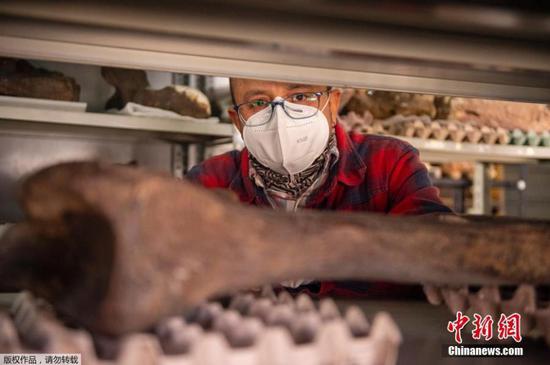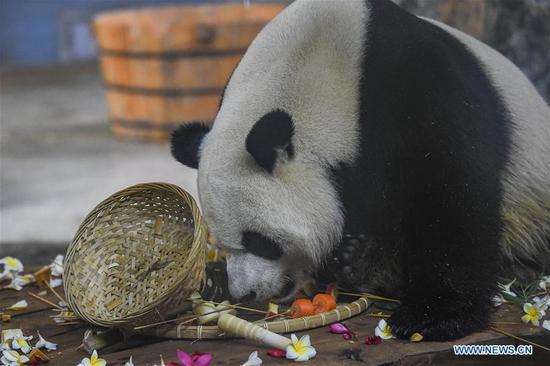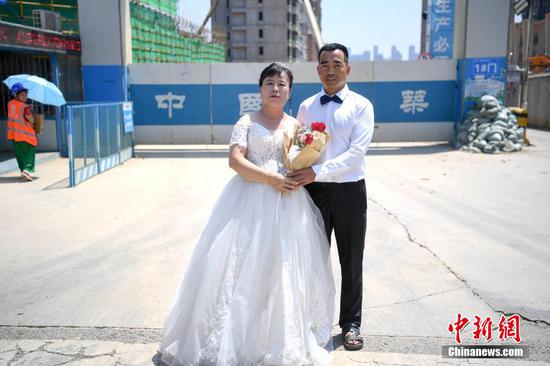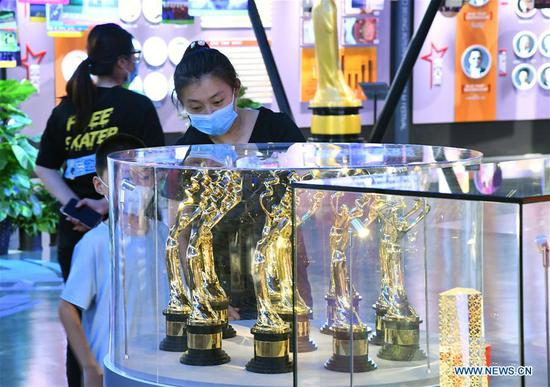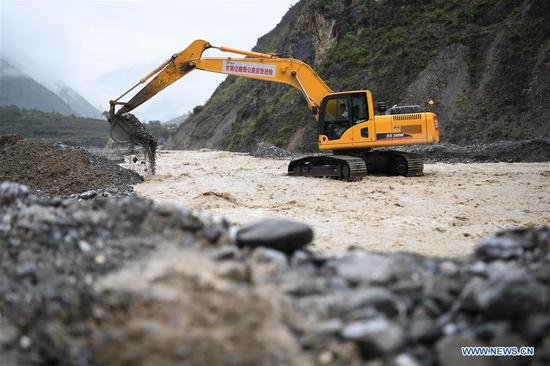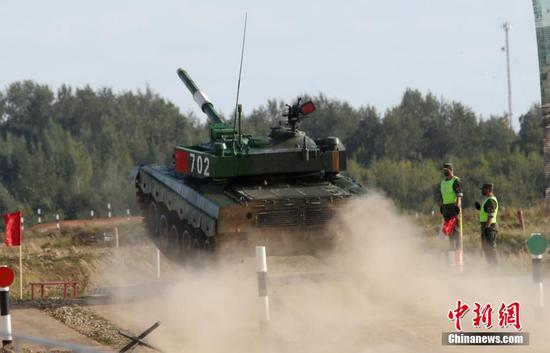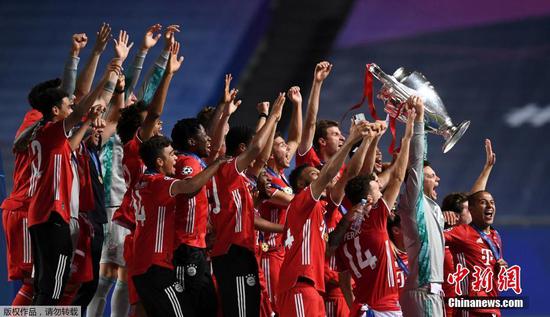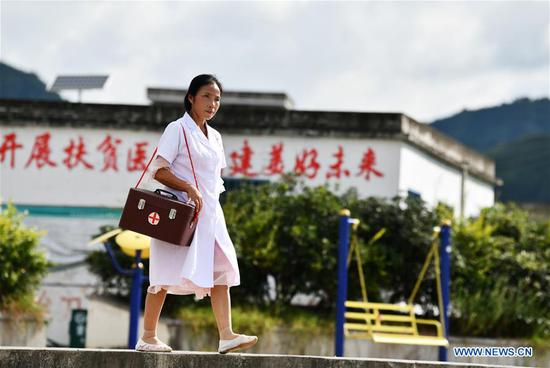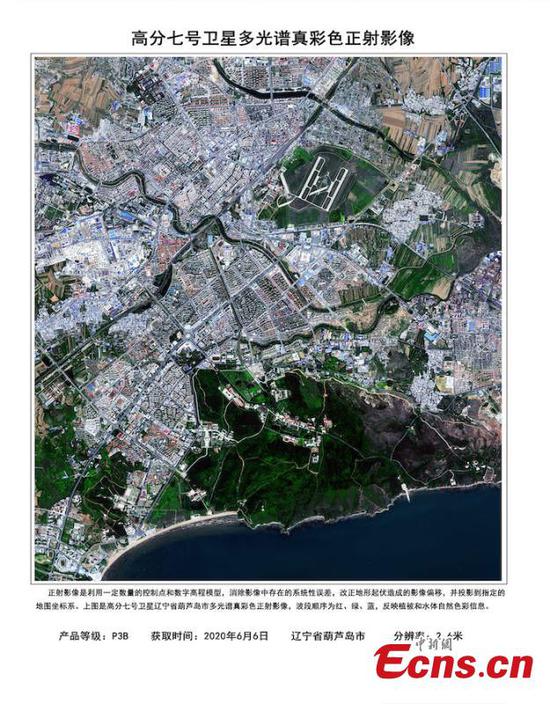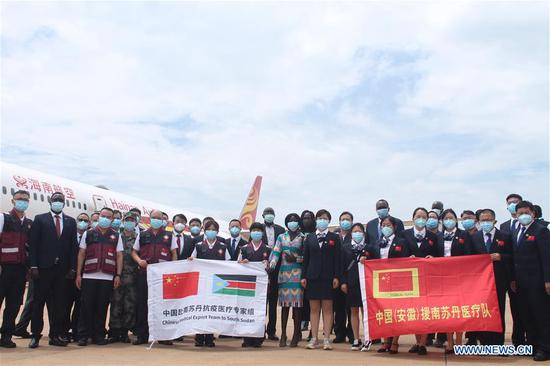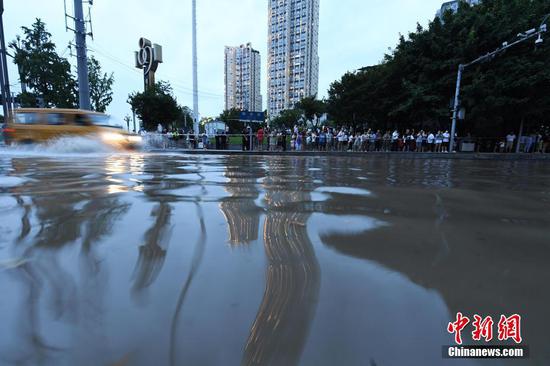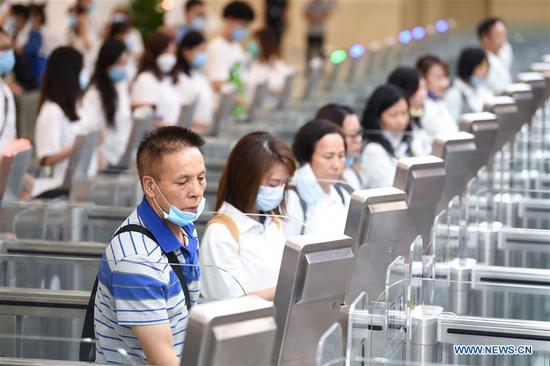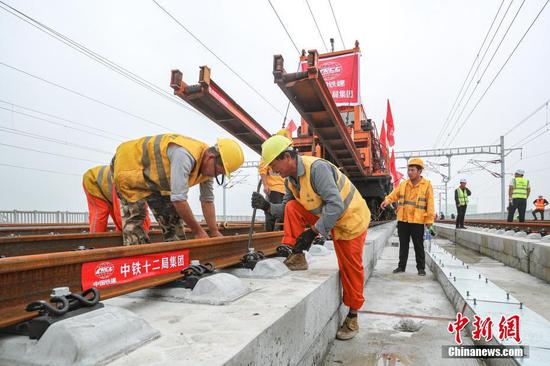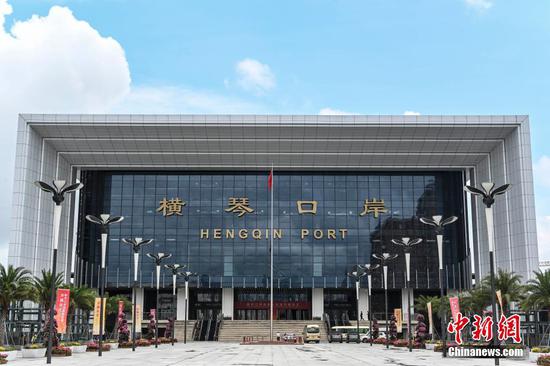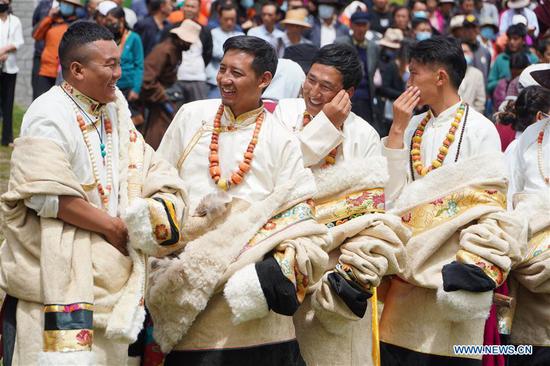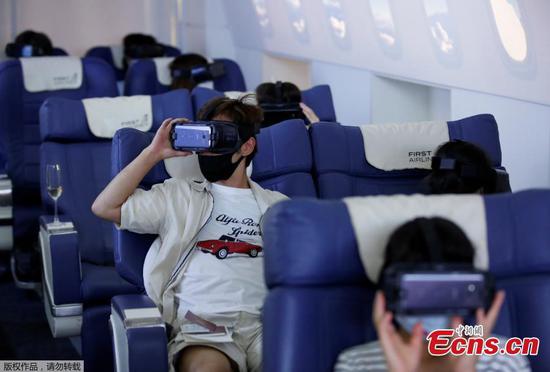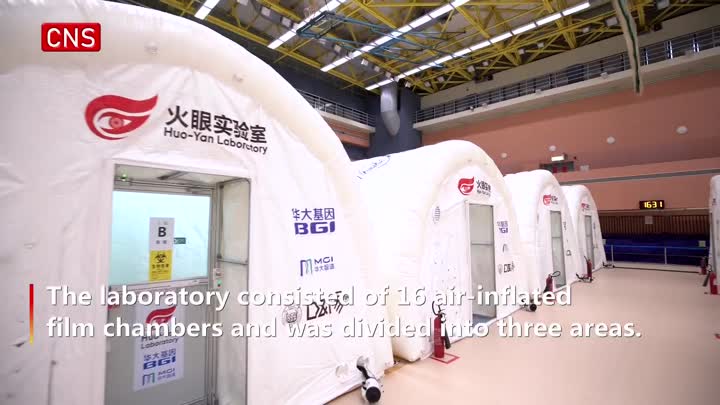The differences or conflicts between China and the United States are not about power, position or social systems, but about upholding multilateralism or unilateralism, promoting win-win cooperation or a zero-sum game, State Councilor and Foreign Minister Wang Yi told an audience in Paris on Monday during his European tour.
" (I) believe that all countries in the world are already aware that the U.S. is now standing on the wrong side of history," Wang said, adding that it seems that current U.S. diplomacy is only about unilateral sanctions and attacks that smear China.
He made the remarks when asked about how to avoid a new Cold War between China and the U.S. after delivering a speech at the French Institute for International Relations.
"China always proposes and believes that the world will finally become a multipolar one and democracy should be practiced in international relations," Wang said, adding that a healthy and stable world should not only have one or two powers that have the final say on world affairs.
While China congratulated the U.S. as a country that realized development at a very early stage, Wang said that China also has the right to development and the Chinese people have the right to live a happy life since all countries are equal members of international society.
As a global power, the U.S. should be inclusive toward the development of other countries and realize that people in other countries, just like those in the U.S., have the right to live a good life, he said, adding that a new Cold War is no longer possible given that all countries have become a community with their interests intertwined in the age of globalization.
Wang called on the European Union to join hands in resisting any backward-looking current that incites hatred and confrontation, saying that China and the EU should provide more stability for the ever-changing and complex world by standing on the right side of history.
The state councilor also said that the door of dialogue with Washington is always open and Beijing welcomes European countries, including France, to play a constructive role in easing the tensions between China and the U.S..
"We are willing to carry out in-depth and candid exchanges with the U.S. side on issues of common concern at any time," Wang said.
Ruan Zongze, executive vice-president of the China Institute of International Studies, said that Wang's point of view is a better reflection of reality today and also the trend of future development in international relations.
"Some people in Western coun-tries, especially in the U.S., tend to consider the China-U.S. relationship from a narrow-minded perspective. But times have changed today with a growing number of global issues that need the cooperation of the international community, and this requires countries to abandon the old-fashioned way of looking at China-U.S. relations, such as the zero-sum game mentality," Ruan said.
Li Haidong, a professor of U.S. studies at China Foreign Affairs University, said that cooperation between China and Europe, both supporters of multilateralism, will help bring more positive certainty to a world full of uncertain factors now.










